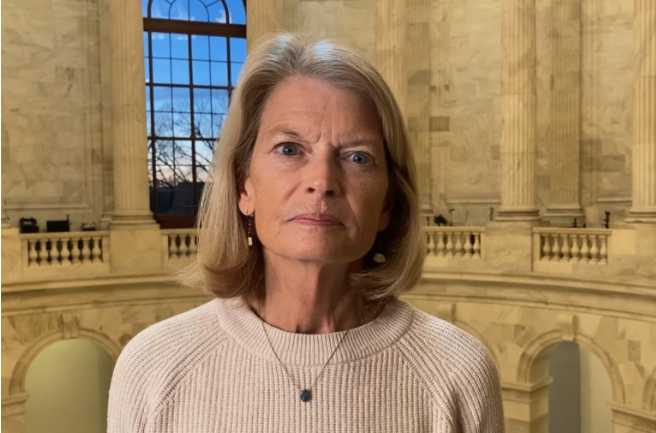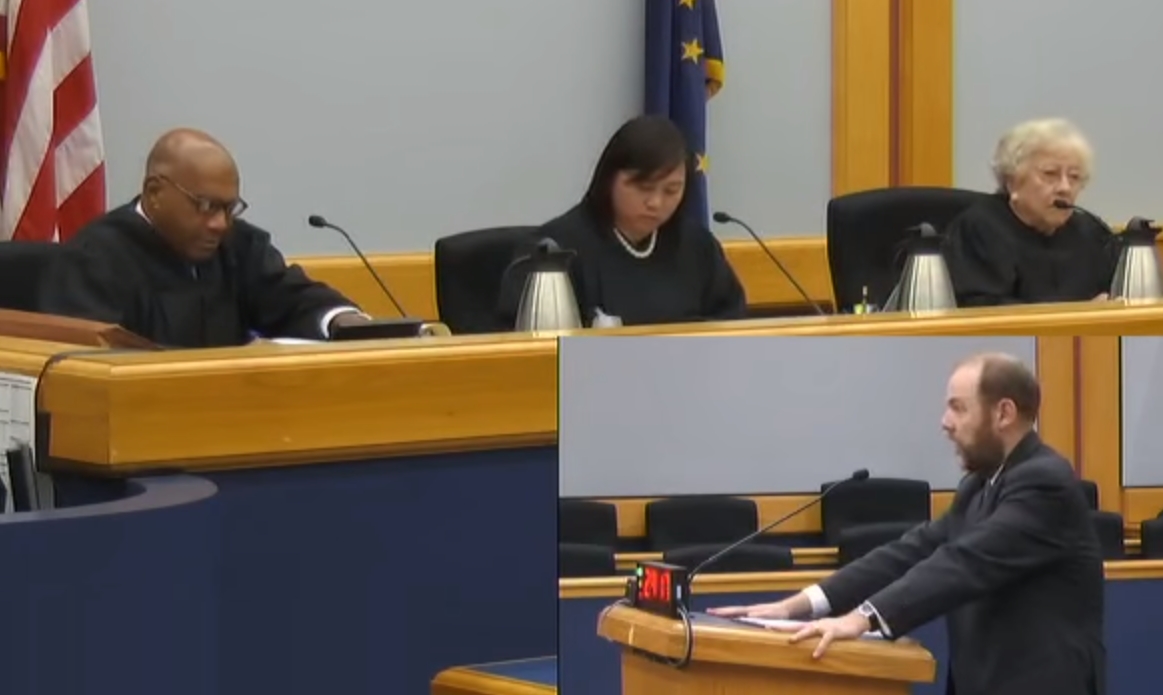
WASHINGTON DC – Governor Bill walker testified before the U.S. Senate Energy and Natural Resources Committee Thursday on the implementation of the Alaska National Interest Lands Conservation Act (ANILCA) of 1980. During his testimony, Governor Walker provided the committee with the state’s perspective on the Act’s impacts, and talked about Alaska’s need to be self-sufficient by developing its natural resources.
“I thank Senator Lisa Murkowski and members of the Senate Energy and Natural Resources Committee for inviting me, Senator John Coghill and other Alaskans to speak before them today on such an important topic,” said Governor Walker. “When Alaska became a state, we were told we would not get an I-5 or the kind of infrastructure other states had. We were told we must live off our resources. That was the deal we made. However, that was with the assumption that we would be allowed to develop our resources. The federal government has not upheld its end of the bargain.”
During his testimony to the Committee, Governor Walker said Alaska had not always benefited from two key provisions of ANILCA – balance and compromise. Section 1002 of the Act outlined a process by which the state could extract petroleum from the coastal plain of ANWR, an area that makes up only eight percent of the entire Refuge. Today, the state is seeking access to only half of the 1002 region, or just four percent of the Refuge. However, while the state has been eager to responsibly develop oil reserves in the region, it has been denied access by the federal government.
“When I deal with budget deficits, I look at not being able to fund certain things we have historically been able to fund in our great state,” Governor Walker said. “Onshore, there are potentially billions of barrels of oil that are within less than 50 miles of an existing oil pipeline that is three-quarters empty. It is very frustrating that we cannot have access to four percent of the 1002 area that was specifically set aside to be evaluated for resource development.”
Governor Walker also highlighted the importance of giving the residents of King Cove a road to Cold Bay Airport, as the very lives of community members depend on that access.
When asked by Senator Murkowski what the impacts would be if the Trans-Alaska Oil Pipeline was no longer in operation, Governor Walker told the committee it would be detrimental to the state.
“No longer running oil through our pipeline would turn our state into something we have not seen since prior to Statehood,” said Governor Walker. “And what a shame it would be, because it is not for a lack of resources, but a lack of access to our resources. I’m committed to working to ensure our people have access to all of our resources—whether it is oil, gas, minerals or timber.”
The video of Governor Walker’s testimony can be seen below.
[xyz-ihs snippet=”Adsense-responsive”]
[content id=”18649″]








